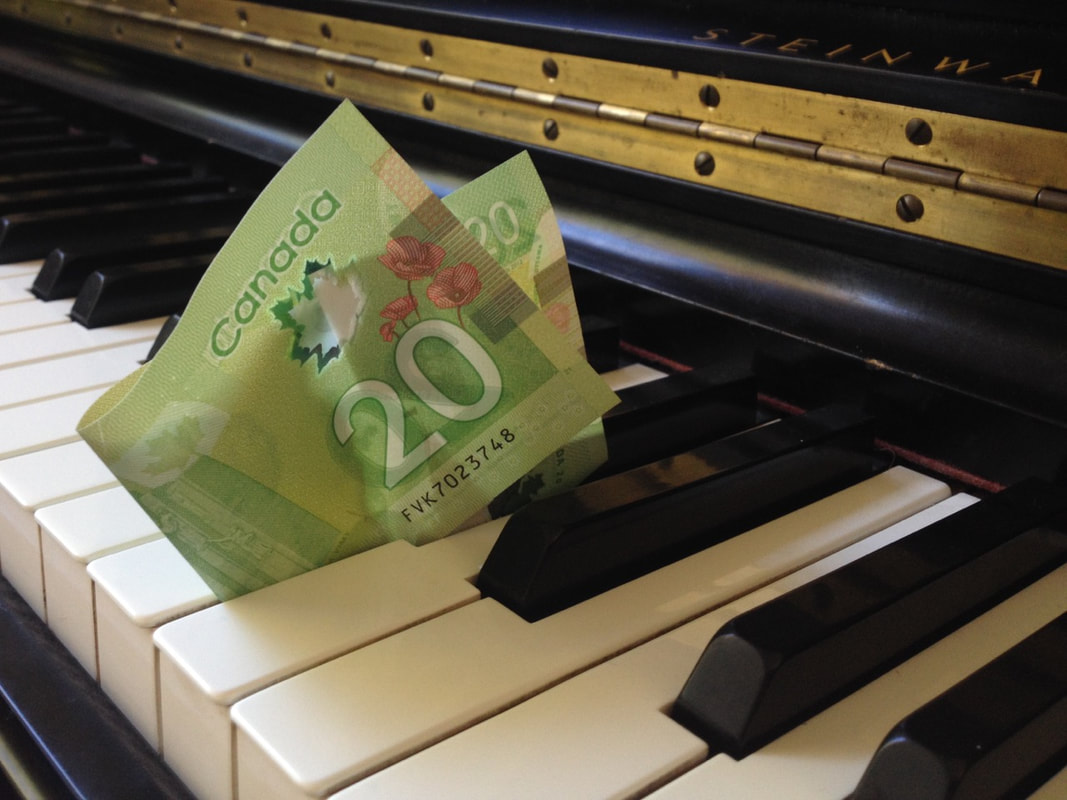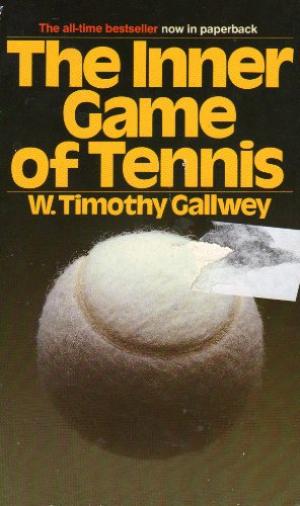My thoughts
|
Just had a rehearsal last night with the local concert band; played some pretty lame arrangements. Well, they might have sounded decent to the conductor's ear and maybe to an audience's, but that is doubtful. In the low brass parts, they would repeat notes up to ten times before moving up a step and repeating. Who does this? Either someone who is throwing an arrangement together or someone who lacks musicality. Take a little time and a little effort and make even the supporting lines musical. It is possible, if you care, and a writer should. If you either add some passing notes, have instruments switch notes in a chord, or pass the melody between sections, the players will be more engaged as they play something that is musical. Otherwise you are killing us and quite honestly, it might affect the absence rate in sections of the concert band. But, if bands keep buying these charts and players keep putting up with this musical wall paper, then writers will keep pumping it out and publishers will accept it and ask for more.
0 Comments
When I think about musicians that I recommend for gigs, for clinics, or for lessons, they are always highly skilled (of course) but they are also just some of the nicest people I know. I think being amicable, affable or just friendly is something that all musicians need to work on and finding character role models on the bandstand is useful. If you are from the southern Ontario region and are in the music biz, you will know Rob Somerville and Mike Malone; two fabulous musicians. In addition, they are two of the most humble and kind-hearted people I know, which makes them amazing colleagues and teachers. These two are unflappable in any social or musical situation and are gracious at all times. I strive to be more like these two. So besides having a musical model to emulate, find a social model in the music community, because it can be a bit rough-and-tumble at times and some people just maintain a great disposition, raising their fellow musicians to a higher level. On a side note, I will hire a lesser player who is of a higher moral character. A healthy band environment is key and it only takes one or two players to start souring that mix. I will end with this: if you know of someone that you feel is such a role model, let him/her know. It will be appreciated.
So I have recently learned that a new big band has emerged in the area. Cool. It will be playing some hip charts like Rob McConnell and Gordon Goodwin. Cool. It will be rehearsing at the same location as my big band . . . I guess that's cool. Half the band is comprised of the same players as my band . . . cool? I think so. After being with a band for several years, sometimes you need such a momentous change to shake things up. Although, if time is tight, where will the players' allegiance lie and what if there is a conflict with gigs? Speaking of gigs, there are not exactly a bountiful number of them in the area. On the positive side, this change makes me reassess my pedagogy and the path the band is taking. Are we playing too much contemporary music? Am I challenging the band enough? Is there enough authentic repertoire in the mix? Do I have a solid big band philosophy or am I leaning on the belief system that was here when I arrived? These are questions that I will be stewing over for the next few weeks/months, as I watch/listen to this new group. Heck, I even want to part of it. Hip big band charts that I do not have to drive down to Toronto to play? I am in. As you can see, I have conflicting thoughts but in the end, I think it will be a gut-check for me as a leader and ultimately, it will take my band down the right path, and maybe a new path.
Just finished another Monday night improvisation session with the After Hours Big Band and I asked the players to improvise using only two pitches and then three pitches. It is difficult to make a creative line with such limitations, but what it does force you to do is become more creative with your dynamics, timbre and rhythm, and this is often missing in improvisation. One thing you must encourage, when your players try such an exercise, is for everyone to use space in their solos, as people have a tendency to play non-stop, as they try to figure out how to manipulate those few notes into something coherent. When in reality, space is your friend. Listening to the rhythm section can give you those much needed musical ideas to embellish the two or three pitches. I love this challenge to young improvisers (of any age) because you can become a competent and compelling improviser by a different path; one does not necessarily have to tear through scales and licks to become a good soloist.
Historically, young musicians always had a chance to listen to, interact with and perform alongside more seasoned musicians. Today there are fewer jam sessions where this might occur and band traditions, like the Art Blakey band, where older leaders routinely hire younger artists. What we do have is plenty of community bands, some of them that perform at a high level. I would like to ask music teachers to encourage their students to perform in these community ensembles. The young artists will learn from some great players and the youthful enthusiasm will a real boost to the local groups. Sure, this will not be for everyone, but the student who can not get enough music would love another opportunity to play with an inspired group.
I find that I can become envious of the player next to me; he/she might be stronger in sight-reading, improvisation, intonation, range, etc. However, in doing this, I neglect the bigger picture. First of all why am I there? The answer should be because I enjoy playing music. If I get so tied up in worrying about making mistakes or keeping up with the Joneses, maybe it is time to find another profession or hobby. If you too find yourself doubting your place "at the table," remember that everyone has something to offer the ensemble. The least experienced player can always add musicianship to the ensemble by listening intently and blending his/her sound with the group's. Be humble, but know that everyone is unique. That killer improviser might not honour the dynamics like you do or might not follow the leader/conductor as diligently. You are there for a reason, as a valuable member of the group. Have faith in that and enjoy!
|
Dr. Michael KearnsMusician, educator, husband, father, web designer ... my life is like a mosaic with each piece vying for my attention. Archives
March 2019
Categories
All
|


 RSS Feed
RSS Feed